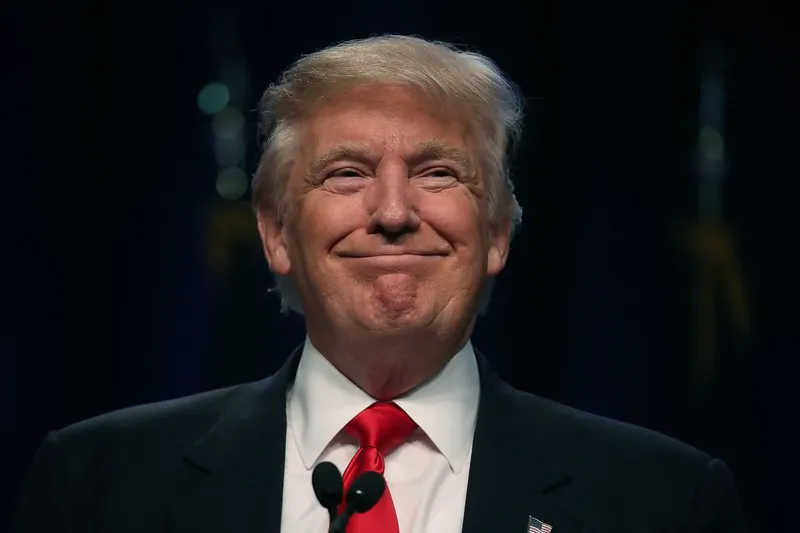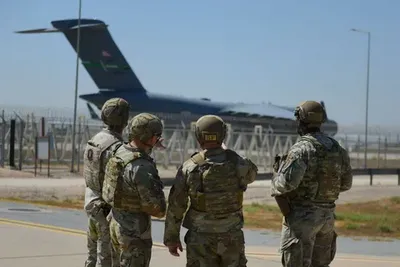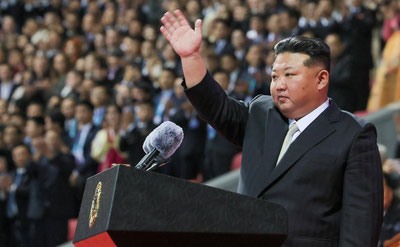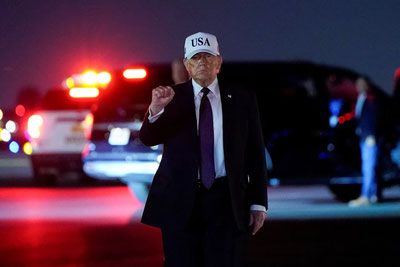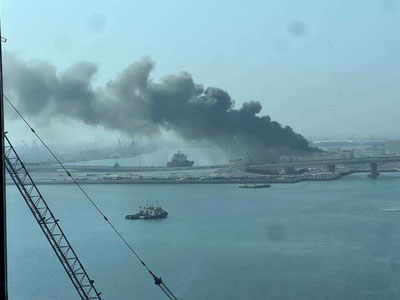Audio recordings leaked to the press depict US President Donald Trump threatening to bomb Moscow and Beijing. According to them, Trump emphasizes his intention to prevent wars by warning the leaders of Russia and China.
Trump's threats: A path to peace through force or dangerous diplomacy?
As the 2024 US presidential election campaign heats up, a previously stated but not audio-confirmed statement by Donald Trump has once again drawn public attention. According to new audio recordings released by CNN, Trump openly says he threatened the leaders of Russia and China with bombing their capitals.
Trump states that during meetings with his sponsors, he warned Vladimir Putin not to start the conflict in Ukraine:
“I told Putin, if you go into Ukraine, I will bomb Moscow. I'm serious, I have no other choice,” — Trump recalls.
According to Trump, Putin initially did not believe these words, but the former president's firm tone perplexed him. He did not specify when this conversation took place.
A similar threat was repeated in a conversation with China's leader Xi Jinping:
“If you go into Taiwan, I will bomb Beijing,” — according to Trump, Xi Jinping responded with surprise: “Are you out of your mind? Beijing?”
Trump emphasizes that these threats helped to prevent wars: “After that, there were no problems with them.”
Does strong rhetoric yield results?
During his election campaign, Donald Trump promised to end the war between Russia and Ukraine in a short time. However, over time, he openly admitted that he had lost faith in both Putin and Zelensky. According to him, stopping US mediation is one of the necessary steps to resolve the conflict.
In the analysts' view
Experts believe that Trump's sharp rhetoric might contravene international diplomacy standards. However, some political scientists think that it could also represent a "hard peace" strategy - attempting to prevent conflicts through the threat of war.
